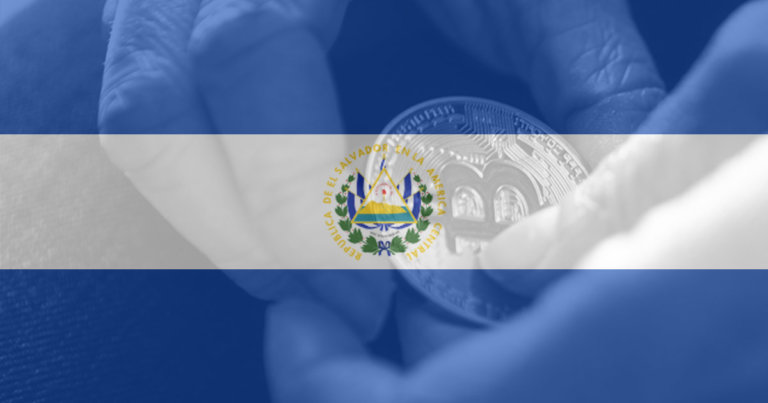 El Salvador to officially adopt Bitcoin as legal tender on September 7
El Salvador to officially adopt Bitcoin as legal tender on September 7 El Salvador to officially adopt Bitcoin as legal tender on September 7
Bitcoin as the official currency through everyday economics of crypto adoption.

Cover art/illustration via CryptoSlate. Image includes combined content which may include AI-generated content.
Payment processors that facilitate the immediate transfer of crypto into fiat currency and enable acceptance of Bitcoin (BTC) payments for e-commerce, point-of-sale, invoicing and remittance, have a finger on the pulse of the everyday economics of cryptocurrency adoption.
Crypto payment gateway Triple A, summarized what El Salvador’s adoption of Bitcoin as official currency on September 7 means for the local economy.
Everyday life transactions
“The use of Bitcoin will be optional, and nobody will receive Bitcoin if they don’t want it… If someone receives payment in Bitcoin, they can choose to automatically receive it in dollars,” said El Salvador’s president Nayib Bukele, who also assured citizens that pensions and salaries will continue to be paid in US dollars.
As Bitcoin becomes El Salvador’s official currency, alongside the US dollar, businesses in the country will accept it for goods and services payments, while citizens will be able to opt for paying their taxes in crypto.
As the majority of surveyed El Salvador’s citizens are sceptical of the new official currency and international financial authorities keep adding to the global uncertainty surrounding crypto adoption, the potential relief for the local economy in need of a boost gets overlooked.
The country has a population of 6.5 million, with over 2 million that live abroad and continue sending money home, leading to over 20% of the country’s gross domestic product (GDP) being made up of remittances.
In terms of remittances as a share of GDP, the top five recipients in 2020 were smaller economies, including Tonga, Lebanon, Kyrgyz Republic, Tajikistan, and El Salvador.
In the first half of 2021, El Salvador ?? received $3.6 billion in remittances. An increase of 45.3% compared to previous years.
They account for 23% of the country’s GDP and benefit about 360,000 households, with 95.4% sent from the U.S.
El Salvador ?? needs #Bitcoin
— Documenting Bitcoin ? (@DocumentingBTC) July 27, 2021
Infrastructure for the financial inclusion
Adopting Bitcoin as the official currency will enable bypassing costly and slow traditional remittance firms, but also open up financial services to 70% of the country’s citizens who do not have a bank account.
To boost Bitcoin adoption and facilitate financial inclusion Bukele committed to developing the necessary infrastructure, including creating a Bitcoin wallet called Chivo, while offering $30 worth of crypto to citizens who download it and register.
In addition, Athena Bitcoin announced a $1 million investment into installing 1,500 cryptocurrency ATMs across the country, while focusing on areas where residents receive remittances from abroad.
Both the new wallet and crypto ATMs would enable instant conversions, guaranteeing freedom of choice regarding payment options, recently disputed in a public protest against Bukele’s Bitcoin bill.



























































